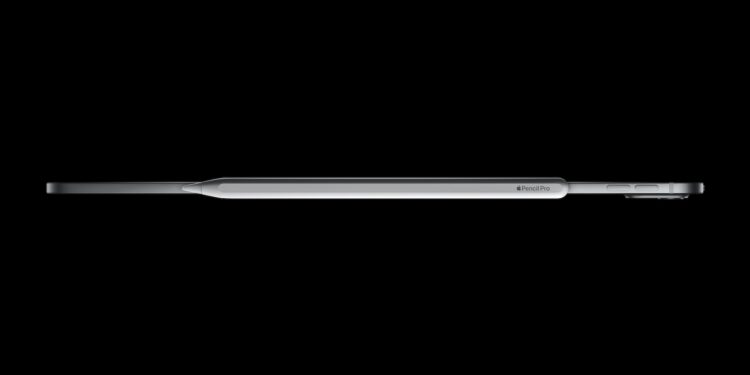The European Union is putting pressure on technology giants like Apple when it comes to adapting their platforms to European standards. The focus now is on the iPadOS operating system that runs on Apple's iPads. The EU Commission has announced that it will investigate more closely whether iPadOS complies with the requirements of the Digital Markets Act (DMA). Essentially, it is about ensuring that the system supports third-party apps and accessories and offers users greater freedom of choice. For Apple, this could mean that they will be forced to adapt their software policy.
Apple is known for its strong, closed systems - a strategy that allows full control over the use and access to software and hardware. This philosophy has made Apple one of the most successful technology companies in the world, but is increasingly encountering resistance, especially in Europe. With the Digital Markets Act (DMA), the EU is relying on new legislation that aims to limit the influence of "gatekeepers". This includes the obligation to grant third-party providers and users more freedom on platforms such as iPadOS. The review by the EU Commission could result in far-reaching changes for Apple and shows that the European Union is determined to promote more competition and fairness in the digital space.
Background: The Digital Markets Act (DMA)
The DMA is a European Union legislation that specifically targets monopolies and restricted market conditions on large digital platforms. The regulation affects corporations that have been classified as so-called "gatekeepers". These include companies that have a significant influence on the digital market and therefore have to comply with strict requirements to ensure fair competition. The DMA has three main objectives in particular:
- Access to alternative app stores: Users should not only be able to download apps from Apple's own App Store but also be allowed to use other marketplaces.
- Choosing a default web browser: It should be possible to set a preferred web browser independently of the Apple ecosystem.
- Support for third-party accessories: The EU requires that the iPad also works perfectly with accessories such as headphones and smart pens from other manufacturers.
The EU Commission wants to promote competition in digital markets and provide more choice in digital products.
Apple and the DMA: First adjustments to iPadOS
In April, the iPad was officially classified as a "gatekeeper" platform by the EU, meaning it is subject to the DMA's regulations. Apple was then given six months to make the appropriate changes in iPadOS. In iPadOS 18, the latest version of the operating system, Apple has already taken the first steps to meet the EU's requirements. Users in the European Union can now install alternative app stores on their devices. This means that you no longer have to obtain apps exclusively from Apple's own App Store, which previously gave Apple strong control over the offering and fee structures. You can also set a browser other than Safari as your default browser for the first time.
Open questions regarding interoperability with accessories
Despite the progress in app stores and browsers, one important point of the DMA remains unclear: interoperability with third-party accessories. The EU wants to ensure that users are not forced to rely exclusively on Apple's own accessories such as the AirPods or the Apple Pencil to have an optimal user experience. Although the iPad is already compatible with third-party Bluetooth accessories, criticized the EU that support for these products often does not work as smoothly and integrated as with Apple's own products. For example, the AirPods and Apple Pencil offer a deep integration with iPadOS that is lacking in comparable products from other manufacturers. While third-party headphones and smart pens can generally be used, users often experience less seamless operation and reduced functionality. Apple seems to take a different view here and could argue that the iPad is already sufficiently compatible with third-party products.
Apple vs. EU: Consequences and possible penalties
It is currently unclear whether the EU Commission will accept this view or whether Apple will be forced to make further adjustments. If the EU Commission comes to the conclusion that Apple is not fully complying with the DMA's regulations, the company could face significant consequences. This could include fines, which in the worst case could reach large sums. Such penalties would be financially manageable for Apple, but could increase the pressure on the company to adjust its stance on third-party apps and accessories in the long term. The EU's decision is expected next year. Until then, it remains unclear whether Apple in Europe will be forced to make iPadOS even more open in order to be fully compliant with the DMA. However, if the EU Commission demands changes, this could lead to a fundamental change in the iPad ecosystem in Europe. (Image: Apple)





